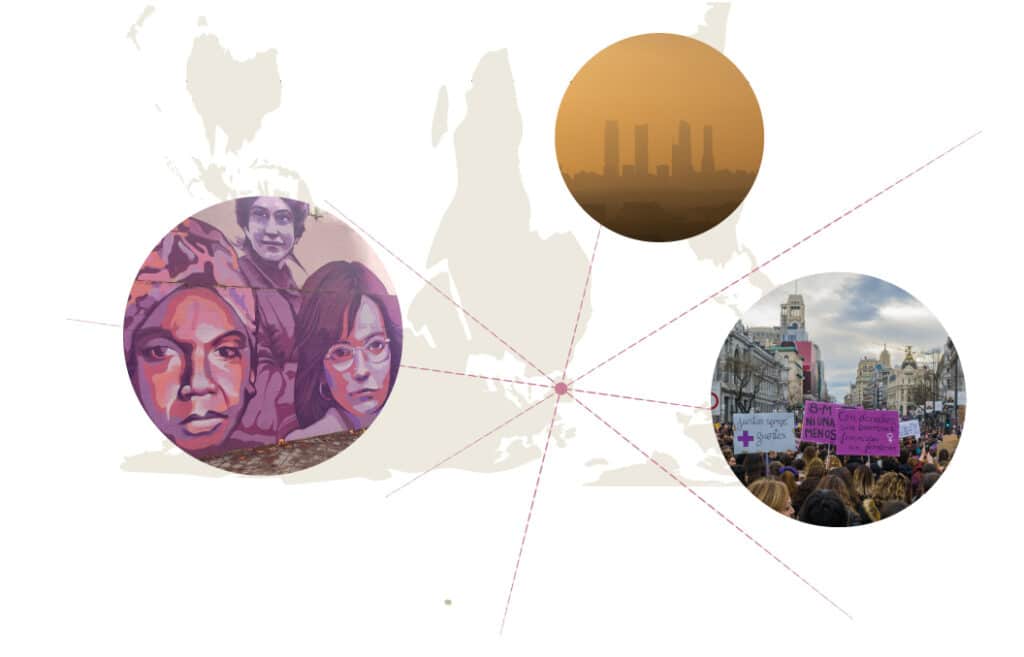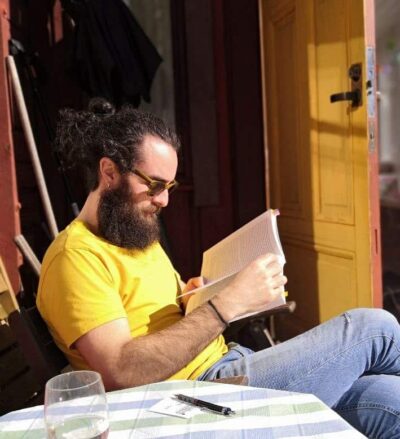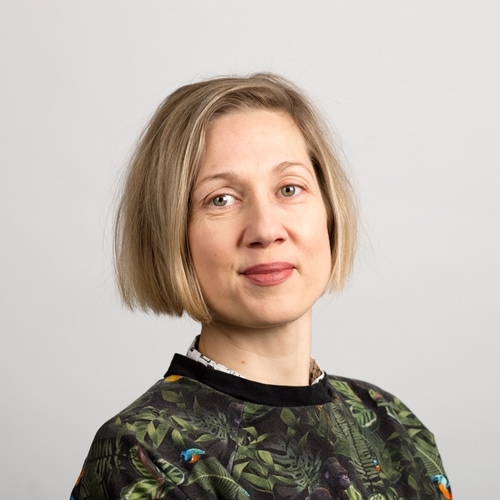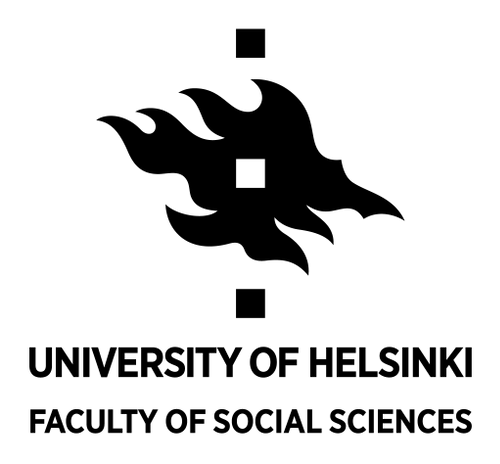Panel update:
008 MICROBES I: THINKING PAST DUALISMS
017 MICROBES II: THE POLITICAL FUTURES OF MICROBIAL LIFE / MICROBIOPOLITICS
Due to overlap, panels 008 and 017 will be organized jointly and merged at a later stage. The papers offered to both will be looked at together and allocated to suitable sessions, which form a single panel.
—
We will be hosting the panel MICROBES I – THINKING PAST DUALISMS in the upcoming EASST Conference, to be celebrated 6-9 July 2022 in Madrid, Spain. The deadline for submission is February 1, 2022. Find the abstract of the panel below. The theme of the conference is ‘Politics of technoscientific futures’ and more information on EASST 2022 and the programme can be found here.
Panel abstract
Microbes are ubiquitous and almost all social practices involve an exchange of microbes. Approaches to microbes and an understanding about how microbes sustain other living beings and the Earth are key to developing sustainable ways of planetary co-existence. Until recently, social sciences have addressed microbes, if at all, only as an external threatening ‘Other’ capable of generating pathological conditions in humans and livestock. In line with current scientific advancements highlighting the complexity of human-microbe relations,contributions from social sciences are beginning to take interest in the role of more-than-human assemblages and challenge the one-sided definition of microbes as pathogenic.
This panel puts ‘the microbe’ at the centre stage and queries the social science concepts available to make sense of new knowledge and practices about microbes, also as a way to identify conceptual gaps and challenges that, if addressed, could help in better understanding the role microbes play in social life. The panel approaches the microbe as an analytical entity that does not have a unique fixed character but rather is a heuristic connecting multiple, contingent and situated relations.
This framing requires thinking past dualist and reductionist distinctions crowding classic social theory. Science and technology studies and feminist STS in particular have offered well-articulated criticisms of dualities such as human/animal, subject/object, culture/nature, and self/non-self. Building on and developing these previous criticisms, the panel invites contributions to join in a discussion to advance concepts that attend to the heterogeneous, co-evolving and processual nature of human-nonhuman-environmental-microbe relations, with their complex circularity.
One example of an existing concept used to discuss such relationality is the notion of ‘holobiont’. The term was extensively used by Lynn Margulis in microbiology and elaborated by Donna Haraway in an interdisciplinary framing to denote symbiotic relations between microbes and humans in terms of assemblages, challenging traditional conceptions of biological individuality and divisions between species. Notions like holobiont are not just analogies for non-microbial sociality but theoretical concepts with the potential of making us rethink some central premises of social theory. To develop adjacent concepts that are able to account for the complex webs of multispecies co-dependency could elaborate on the different types of practices, relations and their situatedness.
We invite contributions exploring various case studies including microbes in environments, food traditions and industries, pandemic regulations, water and sanitation infrastructures, sites of zoonotic human-animal transmission, bodies, and everyday practices, just to mention a few. We welcome speculative thinking while also encouraging authors to consider their cases with novel concepts, reflecting on the availability and/or lack of social scientific tools to understand and analyse their area of interest.
Please send your abstract (max 300 words) using the EASST submission system by 1st of February 2022. To submit to our panel, select panel code/title ‘8 – MICROBES – THINKING PAST DUALISMS’ when submitting your abstract.
We look forward to reading your submissions!
Convenors:
Salla Sariola (University of Helsinki)
Mikko Jauho (University of Helsinki)
Jose A. Cañada (University of Exeter)





